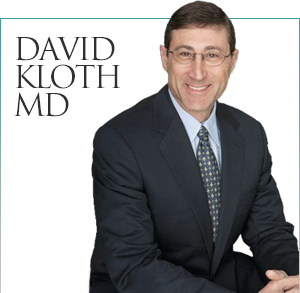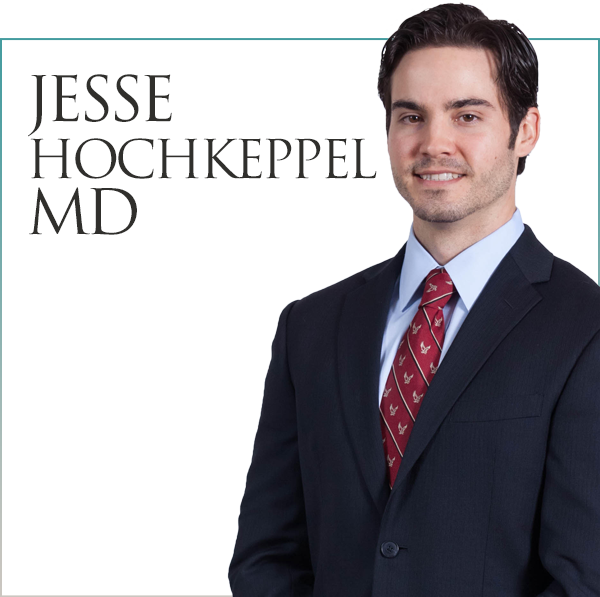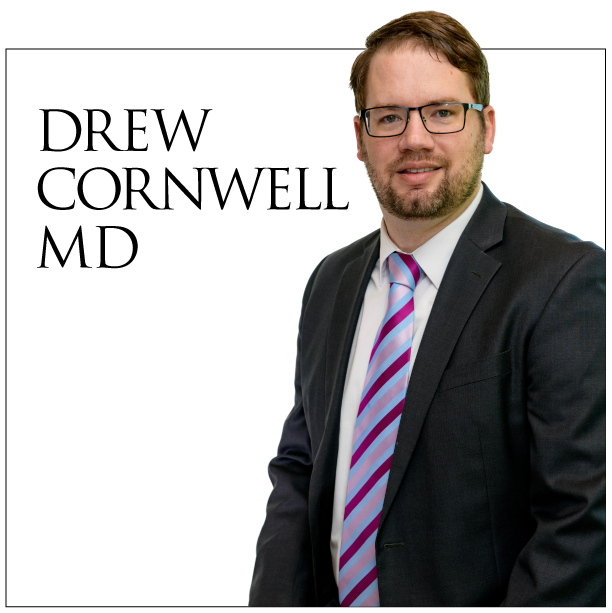Doctors Tell Congress How to Rein in Prescription Drug Abuse
BY: JASON KANE
June 30, 2011
More than 125 physicians descended on Capitol Hill this week to demand some relief in their fight against prescription drug addiction.
With nearly 30,000 Americans dying from overdose last year – roughly half from prescription drugs – they say it’s time for the federal government to step in. Their solution: Require health care professionals who prescribe drugs to receive specialized training.
“In most cases, doctors contribute innocently because they haven’t been trained properly on how to prescribe in a responsible way, how to identify a drug addict and help them,” said Dr. David Kloth, a pain management physician from Connecticut and spokesman for the American Society of Interventional Pain Physicians.
In fact, 80 to 90 percent of physicians in the United States have absolutely no training or education in the use of controlled substances, he said.
The doctors from ASIPP and the North American Neuromodulation Society – two leading associations for pain physicians – encouraged lawmakers to support a bill by Sen. Jay Rockefeller, D-W.Va., that would require all physicians to participate in prescription drug abuse training and to register with the Drug Enforcement Administration before prescribing certain medications, especially highly addictive opioid-based pain killers.
They also backed three other bills that aim to address the problem — a House companion to Rockefeller’s Senate bill, the National All Schedules Prescription Electronic Reporting Reauthorization Act, and the Ryan Creedon Act.
Dr. Kloth answered our questions about his group’s crusade:
Why should this training be mandatory?
Physicians won’t do this voluntarily. If we don’t have this in some way required, we won’t be able to solve this problem fully. This is now the No. 1 cause of accidental death in 20 out of 50 states, surpassing motor vehicle accidents for the first time. This is a very widespread problem and it needs to be addressed.
If physicians don’t have any training, on what basis are they currently prescribing these drugs?
They are innocently, at times, contributing to the problem. We’re talking about family practitioners or the dentist who writes a prescription for 30 pills for an abscessed tooth or the root canal when they know the patient will only need four pills. Those other pills sit on the medicine cabinet shelf for Johnny to take to school. A responsible prescriber would say, ‘I know the patient will only need pills for two days – and that’s eight pills, not 30.’ We need to do something about this because prescription medications are now considered to be as much of a gateway drug as marijuana.
You say physicians won’t participate in this education voluntarily. Why?
In general, physicians are busy and they don’t volunteer to do extra certification.
What exactly would this training entail?
They would be educated primarily on medications – how they interact with other medications, on the metabolism, safe dosing, how to transition from one medication to another, how to monitor and look for signs of abuse, how to use your state’s prescription monitoring program.
How do these monitoring programs play into the mix?
Thirty eight out of 50 states have those programs, and a number of others have passed legislation for them but cannot afford to start the systems. We live in a highly mobile world. It’s too easy for a patient to go to other places and get medication. And these programs need to be interconnected, so a doctor can look at information from all states. Along that line, we need the reauthorization of NASPER (National All Schedules Prescription Electronic Reporting), which is an electronic drug monitoring program that was passed into law in 2005. But the bill was originally authorized for five years and it lapsed.
Another problem with it – of the $55 million budgeted, only $4 million was allocated. This is why other states are not able to afford to start their programs. What many people don’t realize is states end up spending more on Medicaid due to prescription drugs that shouldn’t be prescribed and the state shouldn’t pay for. We have one of these monitoring programs in Connecticut. It costs under $300,000 for the year to administrate. We saved $600,000 on medications last year.
What kind of class do you think physicians should be required to take?
We would propose a variety of stakeholders and physician societies be involved in that discussion. But they could be done regionally via lecture and electronically via webinar. The length of these courses would also need to be decided, but I would say they should be somewhere between eight and 16 hours. I think every six years would be fine. Long-term, this training would be incorporated into medical schools and other professional schools and we could have a potential sunset where this would no longer be required.
There are some doctors who are insulted by the notion that they’re the root of the problem and they should be forced to be trained on this. What’s your response to them?
If you have a DEA license you should be fully educated about prescription drug addiction. I am not trying to restrict any doctor’s business or practice. But what I would like to see is this epidemic subside. If there were 30,000 deaths due to something having to do with cars or infections, we would pass a rule or regulation to deal with it. This is no different than if there was an epidemic of smallpox.
Generally, why is this such a problem right now?
There’s a number of factors. It’s a society that always looks for a quick solution to solve problems. The U.S. consumes 80 percent of the world’s opioids and 99 percent of its hydrocodone. Added to that, our society has more leisure time than other societies and Americans fill that time with such medications. There are many countries where you can buy Percocet over the counter, but you don’t see such an addiction problem in them. I think doctors play a role through several factors. One, through some of these pill mills, egregiously. But In most states where they have a prescription drug monitoring program, doctors don’t use it. And if you don’t use it you won’t know that your patient is getting the same drugs from five different places.
What did you hear in your talks on the Hill?
The Hill talks went very well. Most members are receptive to this because they see so many people in their constituencies dying from this.
What are the chances that this type of legislation will pass?
I think at this point there are about five different bills in Congress that in some way deal with prescription drug addiction education, and there needs to be some discussions between the various writers of these bills to come up with some common language in order to have a bill everyone can rally behind.




